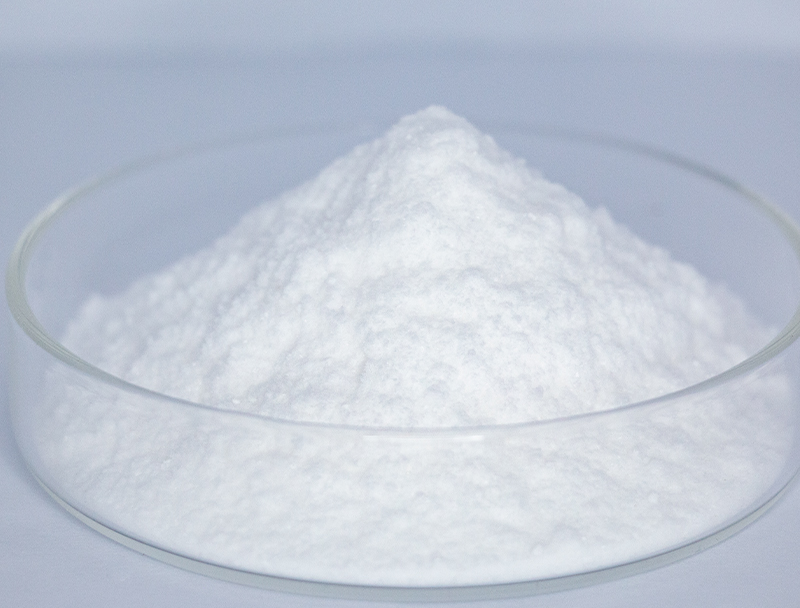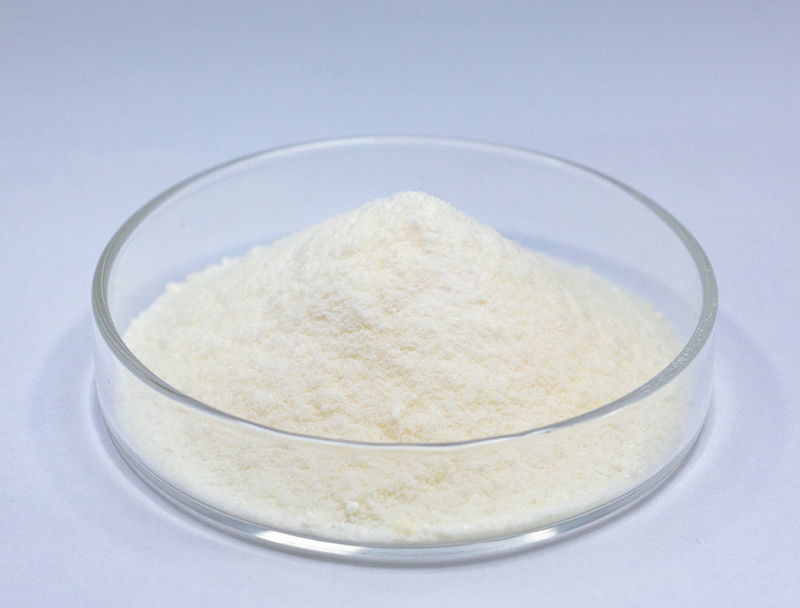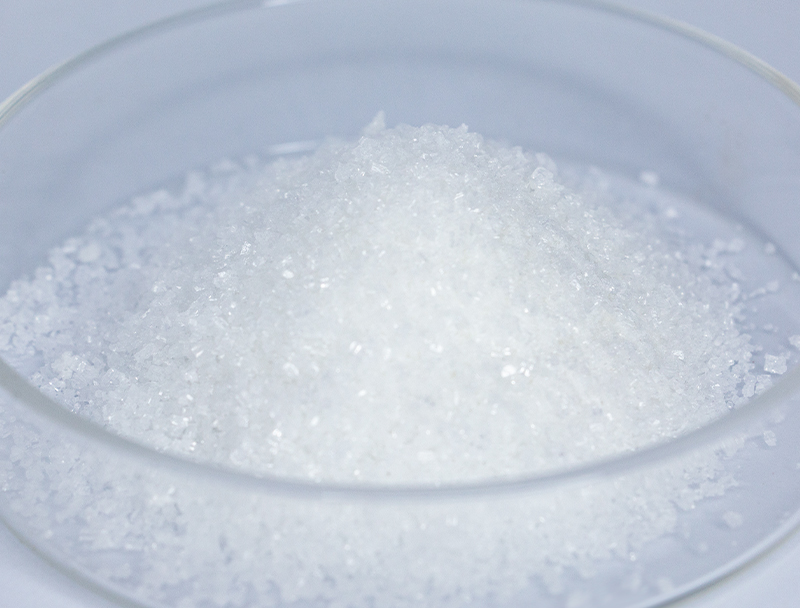
Biomanufacturing relies heavily on a vast array of biomass sources for generating cutting-edge biobased goods.
Safeguarding durable supply chain sourcing underpins enduring viability and ethical market growth.
numerous problems stemming from established sourcing methods for instance pollution and systematic depletion of reserves. Accordingly, manufacturers should embrace green sourcing tactics to shrink their ecological impacts.
- Cases of responsible feedstock strategies feature:
- Adopting organic-origin materials from crop remnants
- Operating reuse-focused platforms to lower discard and increase efficiency
- Working with community-based suppliers that follow ethical standards
Moving toward responsible sourcing creates ecological improvements and economic resilience.
Tuning Feedstock Characteristics for Higher Biofuel Efficiency
Enhancing biofuel output is grounded in superior feedstock characteristics. Scientists are constantly exploring novel strategies to optimize these feedstocks, producing improved fuel yields and a lower-carbon energy pathway. Strategies feature genetic optimization to raise biomass yield plus pretreatment to depolymerize plant polymers into sugars.
- Concurrently, efforts examine seaweed, industrial byproducts, and crop residues to increase the variety of renewable feedstock alternatives for fuel production.
- Because of continual endeavors biofuel technology is set to attain meaningful progress that supports renewable energy growth.

Enhanced Upstream Strategies for Biopharmaceutical Yield
embraces initial workflow stages from growth to harvesting Ongoing innovations have accelerated process enhancement leading to greater yields.
Salient improvements involve specialized expression hosts, fine-tuned media strategies, and next-gen bioreactor concepts. The improvements increase output while decreasing cost structures and sustainability impacts.
- Also, evolving practices favor continuous flow processing which supports more agile upstream control.
- This shift towards more sophisticated biopharmaceutical manufacturing methods promises to revolutionize the industry and pave the way for faster development of novel therapeutics.

Precision Genomic Tools Enhancing Biopharmaceutical Yields
developments in targeted genetic engineering methodologies have modernized drug manufacturing. Through focused genomic edits within host strains, scientists increase expression of desired therapeutic proteins. This approach holds immense potential for developing more efficient and affordable biopharmaceuticals to address a wide range of diseases.
Using Microbial Systems for Site-Specific Remediation
innovative solutions for sustainable bioremediation, a critical process for addressing environmental pollution. Microbial species can metabolize and convert hazardous compounds into benign byproducts.. Leveraging microbial biotransformation promotes sustainable remediation that curbs industrial environmental impacts.. Scientists are actively exploring a wide range of microbial species with diverse metabolic capabilities to target various pollutants, including heavy metals, pesticides, oil spills.. These microorganisms can be employed in bioreactors or directly at contaminated sites, promoting the breakdown of pollutants through biodegradation processes..
Microbe-based remediation provides compelling advantages over standard remediation methods. It is a cost-effective and environmentally friendly approach that minimizes the generation of harmful byproducts. Also, microbial interventions offer targeted remediation that minimizes collateral ecosystem disturbance. Ongoing innovation aims to boost the throughput and efficacy of microbe-driven remediation approaches.
Leveraging Bioinformatics for Novel Therapeutics
Computational biology approaches are becoming vital across contemporary drug R&D. From identifying potential drug candidates to optimizing their efficacy and safety, bioinformatics enables a more efficient and data-driven approach.
- Through evaluating comprehensive genomic, proteomic, and clinical data, teams detect novel targets and predict drug action.
- Also, in silico modeling of molecular interactions accelerates optimization toward more selective therapeutics.
- In the end, informatics-driven methods streamline development and accelerate delivery of therapeutic solutions to patients.
Synthetic Biology Routes for Elevated Bioproduct Synthesis
applies assorted techniques to boost microbial synthesis of valuable compounds. Techniques span CRISPR-mediated edits to reshape pathways, synthetic control elements to fine-tune expression, and gene imports to grant new biosynthetic abilities.. With precise metabolic tuning scientists can greatly enhance yields of desired compounds.
This broad strategy is positioned to innovate sectors including pharmaceuticals, crop science, and bioenergy.

Scaling Biopharma Production: Hurdles and Advantages
Transitioning to higher volumes entails serious complications and potential rewards. Preserving batch-to-batch quality when scaling up is a key challenge. Solving it involves resilient control frameworks, high-resolution monitoring, and modern analytical tools.

Complexity in multi-step biomanufacturing operations presents ongoing operational challenges.. Optimizing these processes for large-scale production can be a complex undertaking, requiring extensive research and technological innovation.. Still, the gains can be meaningful. Successful industrialization can broaden availability, trim costs, and raise profitability.
A range of strategies is being implemented to address scaling problems. Examples include novel optimization technologies, predictive analytics for real-time control, and inventive production models.
- Ongoing innovation drives improvements in industrial production capability.
- Regulatory frameworks are being optimized to accommodate novel production technologies and promote innovation.
Navigating the Regulatory Landscape for Biopharmaceuticals: Ensuring Safety and Efficacy
Producing biopharmaceuticals demands comprehensive oversight to guarantee safety and clinical effectiveness. Biologically based treatments require tailored oversight and production controls beyond those for typical medicines.
Bodies like FDA and EMA shape the regulatory landscape and set benchmarks for evaluating innovative therapies..
Extensive evaluation procedures are essential across development phases, spanning preclinical work to post-market checks.. Such safeguards are intended to detect hazards and ensure therapeutics adhere to top-tier safety benchmarks..
Similarly, regulators iteratively adjust approaches to accommodate emerging biopharmaceutical breakthroughs.. Efforts comprise integrating cutting-edge tools and easing development pathways while upholding patient safety.

Harnessing Plant Feedstocks to Create Biodegradable Plastics
A stronger push for environmentally responsible materials is driving research into renewable options. Bioplastics derived from plant biomass provide a viable route to more sustainable plastic alternatives. Biomass sources such as cornstarch, cellulose, and sugarcane are usable to produce plastics that biodegrade and reduce ecological impact.
Moreover, bioplastics can mirror key properties of fossil-derived plastics and fit diverse application needs.. Ongoing studies and technology development are vital to exploit plant feedstocks for bioplastics and foster a circular economy.
Biotechnology's Potential to Transform Health and Food Supply
Biotechnology offers potent solutions for advancing public health and enhancing food security. Through CRISPR, synthetic circuit design, and cell therapy progress, developers generate methods to counter infectious agents, optimize crops, and elevate nutritional profiles.. A concrete example includes modified crops engineered for pest and stress tolerance that yield more while decreasing pesticide needs. Concurrently, biotechnology drives development of immunotherapies, antibiotics, and diagnostics that play a key role in controlling diseases and improving health metrics. Looking α-Ketoglutaricacid forward, continued biotech progress promises to deliver therapies and agricultural solutions that support health and sustainability worldwide.
